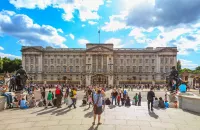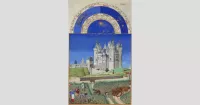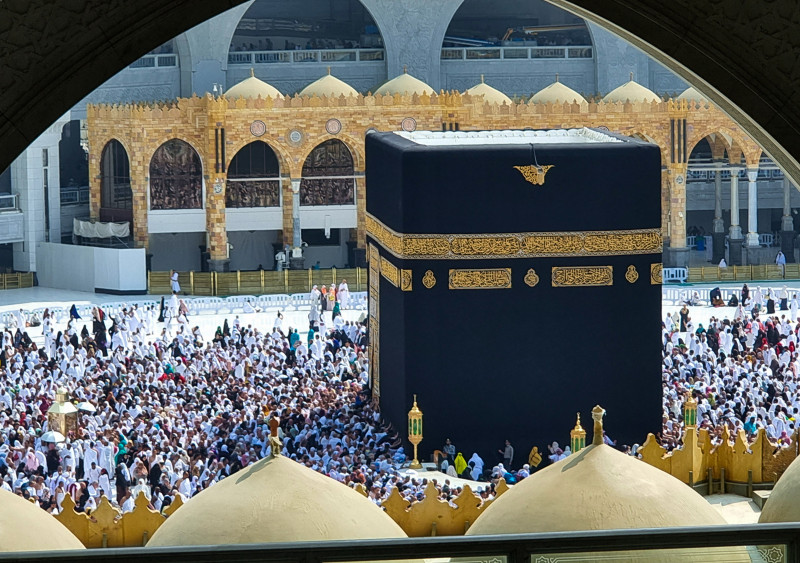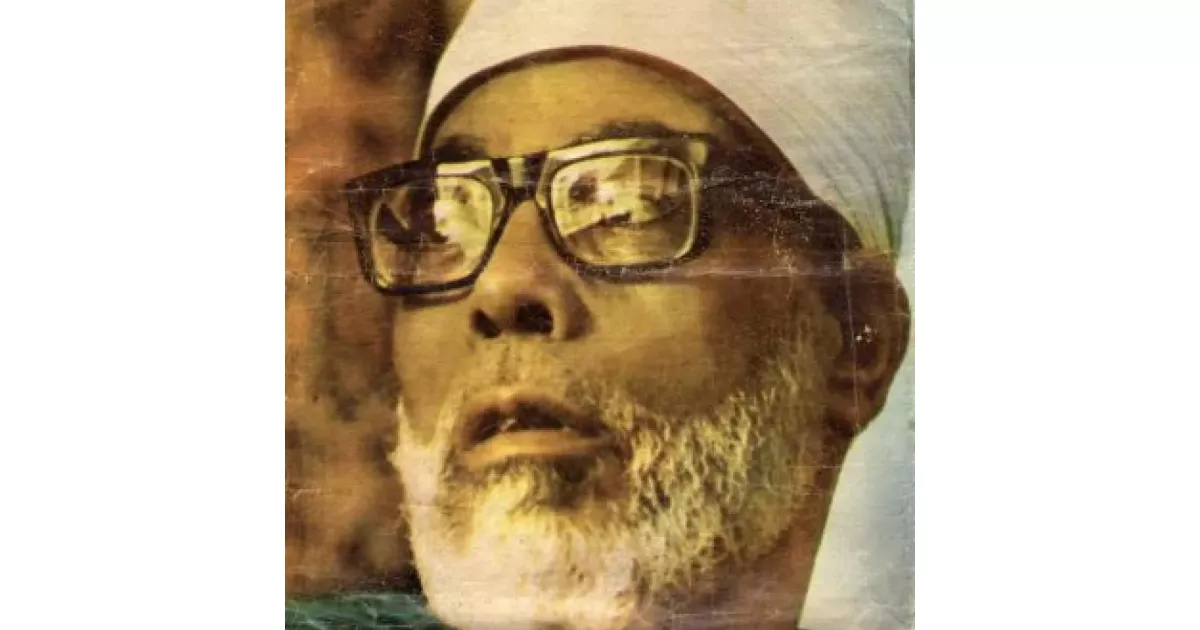Discover the career path of Mahmoud Khalil Al-Hussary, from the first major opportunity to industry-changing achievements.
Mahmoud Khalil al-Hussary, or Al-Hussary, was a renowned Egyptian Qāriʾ celebrated for his precise and beautiful recitation of the Qur'an. He memorized the entire Qur'an by the age of 8 and began reciting publicly at 12. A significant moment in his career was winning Egypt Radio's Qu'ran Recitation competition in 1944. Al-Hussary, alongside Al-Minshawy, Abdul Basit, and Mustafa Ismail, is considered one of the most influential Qur'an reciters in the modern era, leaving a lasting impact on the Islamic world through his contributions to the art of recitation.
February 1944: First appearance on Egypt's official Qur'an radio station
On 16 February 1944, al-Hussary made his first appearance as a reciter on Egypt's official Qur'an radio station.
1944: Wins Egypt Radio's Qu'ran Recitation competition
In 1944, Al-Hussary won Egypt Radio's Qu'ran Recitation competition, where he competed against approximately 200 participants, including renowned reciters such as Muhammad Rifat, Ali Mahmud, and Abd Al-Fattah Ash-Sha'sha'i.
1945: Appointed reciter at the Ahmad al-Badawi mosque
In 1945, Al-Hussary was appointed as a reciter at the Ahmad al-Badawi mosque, marking a significant step in his career as a Qur'an reciter.
August 1948: Nominated mu'adhin of the Sidi Hamza Mosque
On 7 August 1948, Al-Hussary was nominated as mu'adhin of the Sidi Hamza Mosque and later became a muqriʾ at the same mosque.
1955: Appointed to the Al-Hussein Mosque in Cairo
In 1955, Al-Hussary was appointed to the Al-Hussein Mosque in Cairo, where he served for 29 years until his death.
1960: Leads department at Al-Azhar University
In 1960, Al-Hussary led the department of al-Ḥadīth bi-Jāmiʿ al-Buḥūth al-ʾIslāmiyya at Al-Azhar University, where he corrected Qur'anic codexes present in the libraries.
1961: Records Ḥafs ʿan ʿĀṣim recitation
In 1961, Al-Hussary recorded the complete Qur'anic text in the Ḥafs ʿan ʿĀṣim style of recitation.
1964: Records Warsh ʿan Nāfiʾ recitation
In 1964, Al-Hussary recorded the Warsh ʿan Nāfiʾ style of Qur'an recitation.
1967: Receives Egyptian Medal of Honour and elected President of the Islamic World League of Qur'an Reciters
In 1967, Al-Hussary was honored with the Egyptian Medal of Honour for Arts and Sciences, First Grade, by Egyptian President Gamal 'Abd Al-Nasir. In the same year, he was elected the President of the Islamic World League of Qur'an Reciters.
1968: Records Qālān ʿan Nāfiʾ and ad-Dūrī ʿan Abi ʿAmr recitations and al-Muṣḥaf al-Muʿallim
In 1968, Al-Hussary recorded the Qālān ʿan Nāfiʾ and ad-Dūrī ʿan Abi ʿAmr styles of recitation. That same year, he recorded the Qu'ran in the style known as al-Muṣḥaf al-Muʿallim, a technique of tartīl with exclusive focus on pedagogy.
1976: Invited to participate in the World of Islam Festival in London
In 1976, Al-Hussary was invited to participate in the World of Islam Festival held in London, showcasing his international recognition.
1977: Recites at the United Nations
In 1977, Al-Hussary recited the Qur'an in front of the United Nations, showcasing his global recognition.
1978: Recites at Buckingham Palace
In 1978, Al-Hussary recited the Qur'an at Buckingham Palace, further solidifying his international recognition.
1980: Leaves wealth for charitable endeavors in his will
In 1980, upon his death, Al-Hussary allocated a third of his wealth in his will to construct a mosque on Al-Ajuzah Street in Cairo and provided for the maintenance of the mosque in Tanta, three Islamic institutes, and the Maʿhad al-ʾAzhar center in his village, Shobra al-Namla.
Mentioned in this timeline
India officially the Republic of India is a South Asian...
Pakistan officially the Islamic Republic of Pakistan is a South...

Buckingham Palace located in London's City of Westminster serves as...

September is the ninth month of the year in the...

Mecca officially Makkah al-Mukarramah is the holiest city in Islam...
Trending

32 seconds ago Elina Svitolina defeats Coco Gauff, faces Jessica Pegula in Dubai final.
1 minute ago James Milner Breaks Premier League Appearance Record: Klopp Praises His Impact

1 hour ago Team Homan’s Olympic Curling Journey: Semifinal Setbacks and Future Games

2 hours ago Dorothea Wierer at Olympia 2026: Focus on Biathlon Massenstart and Preuß's Last Race.
2 hours ago Juventus vs Como: Preview, Predictions, and Spalletti's Demand for Serie A Reaction
2 hours ago Woman Charged After Abandoning Puppy; 'JetBlue' Finds Home with Saving Officer.
Popular

Jesse Jackson is an American civil rights activist politician and...
Randall Adam Fine is an American politician a Republican who...

Ken Paxton is an American politician and lawyer serving as...

Barack Obama the th U S President - was the...

Bernie Sanders is a prominent American politician currently serving as...
WWE Raw a professional wrestling television program by WWE airs...
